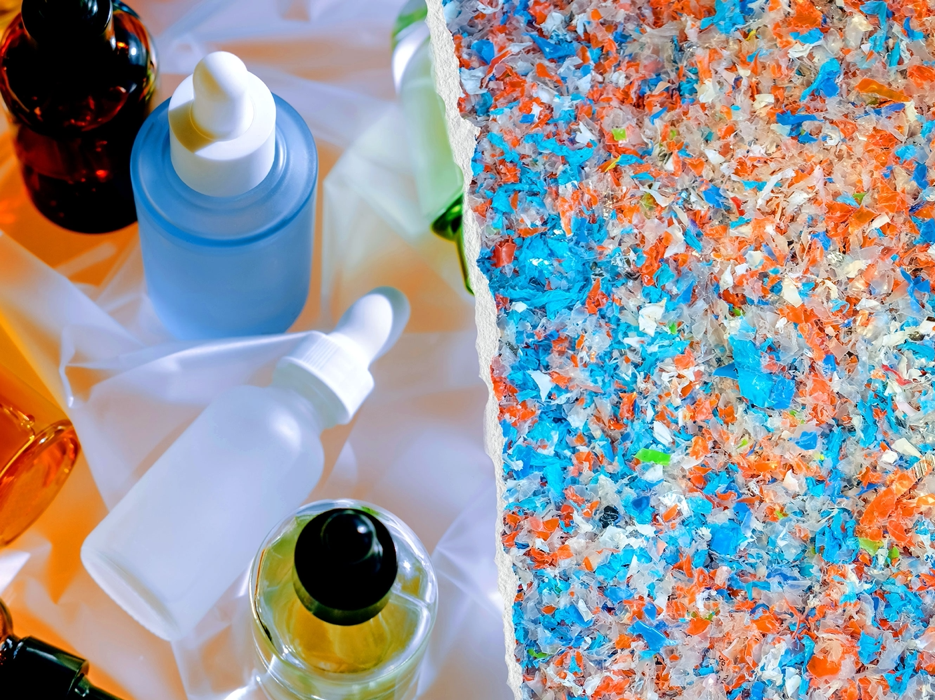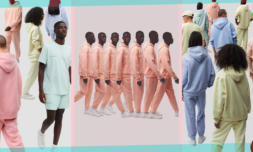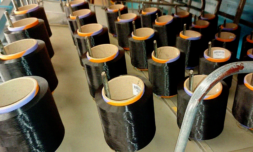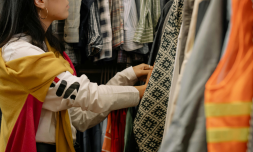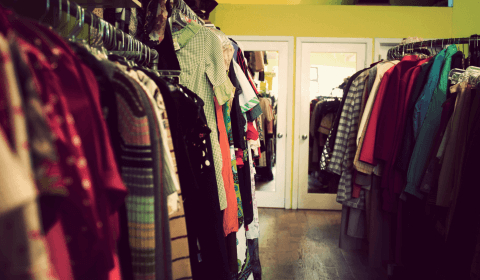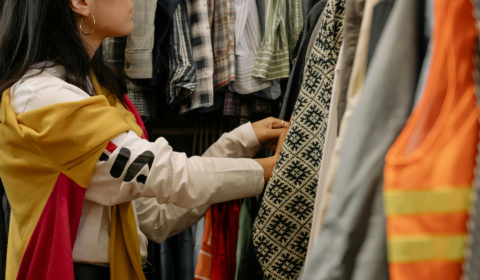Beauty companies with a market in the Golden State will surely be scrambling to rethink their product design models during the months ahead, as deadlines on the ban draw nearer.
The new law states that at least 30 percent of plastic items sold or bought in California must be recyclable by 2028. Just four years later, in 2032, all products sold, distributed, or imported into the state will need to be housed in recyclable, refillable, or compostable materials.
According to the bill, non-compliance will come with steep consequences. Any company or ‘entity’ continuing to pump out plastic packaging past the dates specified will receive a hefty fine of $50,000 per day.
On top of keeping a keen legal eye on the operations of manufacturers, a group of industry representatives are set to form a producer responsibility organisation, which will be responsible for a plastic pollution mitigation fund of $500 million a year.
This annual funding will be put towards research and investigation into the environmental and health impacts of various kinds of plastics.
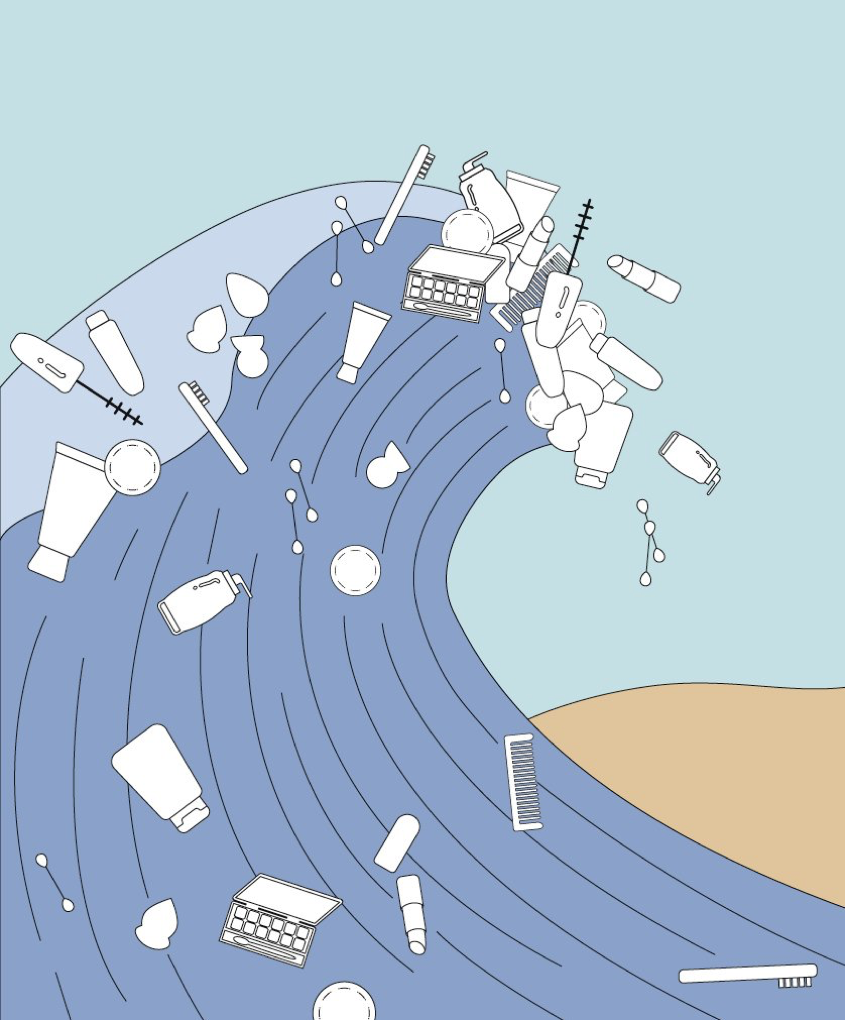
Some beauty brands such as Fenty, Kiehl’s, and Glossier are already adhering to more environmentally friendly practices, creating re-fill programs that enable customers to keep their original pots, bottles, and pumps for longer use.
While this is all good and well, these companies still produce significant amounts of plastic in their original packaging and shipping methods.
Others, like Deciem’s The Ordinary, favour recyclable glass bottles and eco-friendly dropper tops that can be sent back to distributors, and will likely see fewer obstacles when adapting their products to the Californian market.
While refill programs and glass bottles certainly lessen the amount of plastic that ends up in our landfills, a total plastic ban will see companies required to rethink the design of products – including dyes and sticker labels that make recycling difficult.
It looks like the new law will spark a complete overhaul in product design, at least in California to begin with.
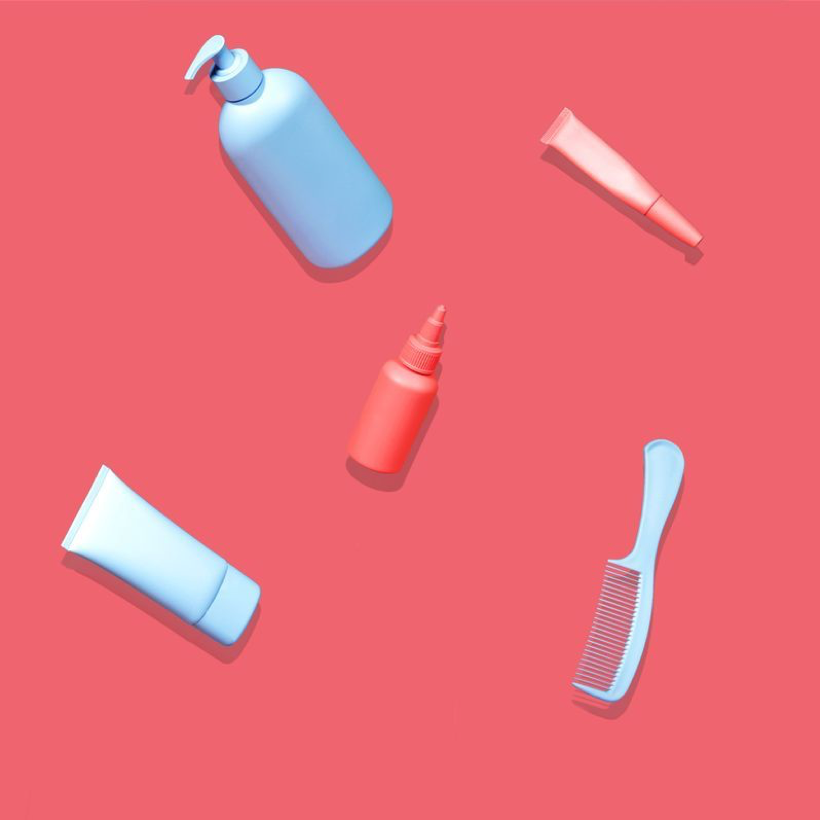
Californian State Senator Ben Allen has been campaigning for years to get legislators to address the plastic pollution crisis, but pushback from the industry had made it a ‘a long journey’.
After assembling a board of negotiators, made up of mainly women, the decision was made in the state Capitol building where environmentalists and backers of the bill celebrated outside.
‘With this legislation, California continues its tradition of global environmental leadership,’ Ben Allen told the LA Times. ‘[The new law] will grow markets, create incentives for investment, and give tools to other states and countries to help play their part in this fight.’
The beauty industry won’t be alone in feeling the pressure brought on by the new law. Grocers, fast-food outlets, and many other retailers will need to get on board, too – but many concerned about the dangers of plastic would argue it’s about time.
I think Ben Allen spoke for all of us when he said, ‘Our kids deserve a future free of plastic waste and all its dangerous impacts. Everything from clogging our oceans to killing animals — contaminating the air we breathe, the water we drink, and the food we eat. No more.’
